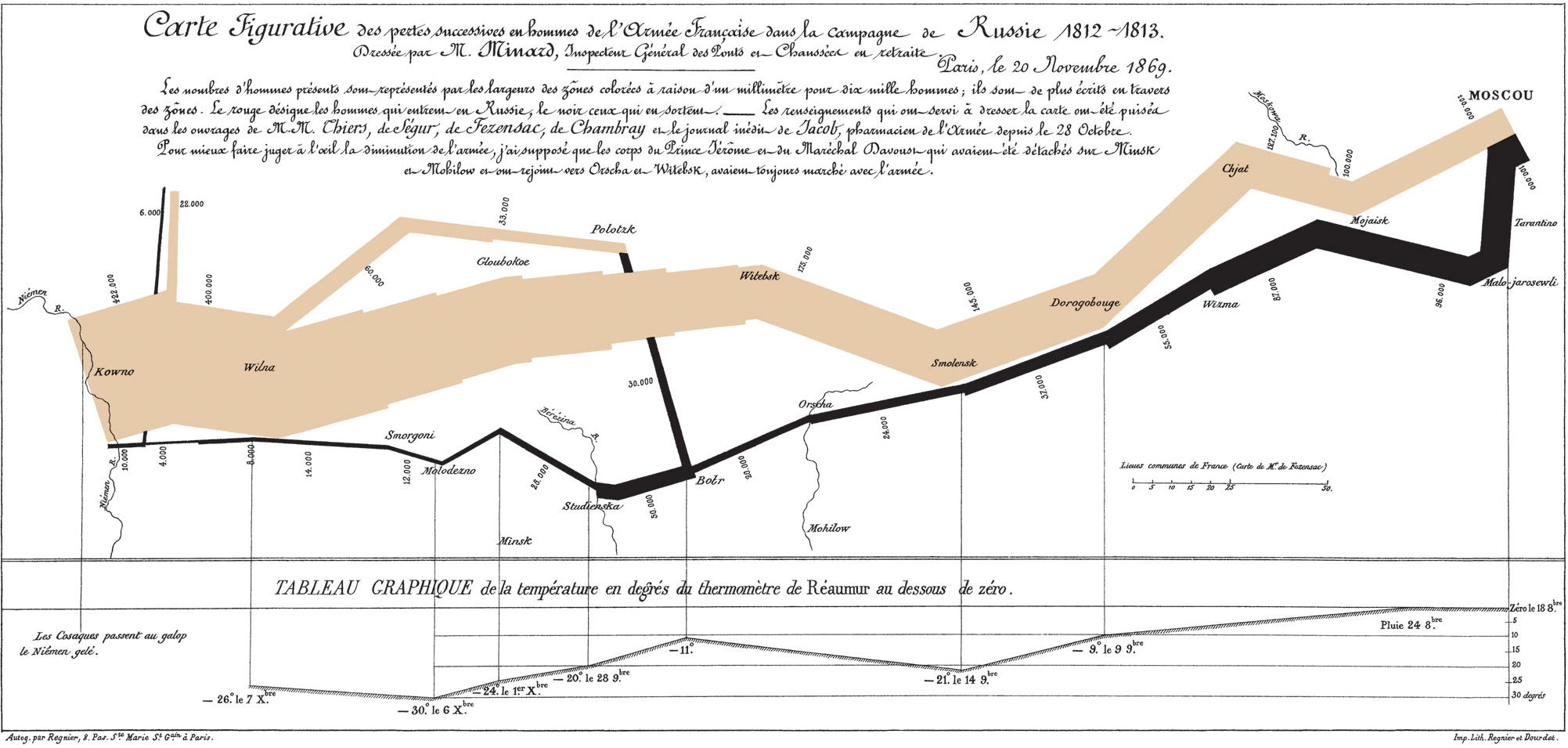Good grief. Difficult to know where to start with this. How about -
"the useless Spanish make a cameo to be useless" - the novels make it very clear time and again how important the guerillas were to the war effort. They're less flattering about the Spanish senior officers but then they're not terribly flattering about British senior officers either. Oh, and one of the key characters in "Sharpe's Rifles" is Major Blas Vivar, a Spanish dragoon who rescues Sharpe and his men after they are almost wiped out by French cavalry, takes him under his wing and shows Sharpe how to be a decent officer.
I read all the books too:
Sharpe's Rifles - You meet the only competent Spanish officer in both Europe, the Americas and Asia, Blas Vivar. Funny that this book manages to ignore Blake y Joyes, given that it was his army that covered the British retreat to Coruña, as the Ejército de Galicia never stopped fighting against the advancing French.
Sharpe's Havoc - You have the Portuguese Cameo on this one, with Jorge Vicente the poor Portuguese lawyer turned soldier that loves the rich Englishwoman and learns all he knows thanks to the brave and invencible Richard "Butcher of Frogs" Sharpe. I think you also get some extra cameos from some Portuguese Guerrilheiros.
Sharpe's Eagle - The Spanish are idiots doing idiot things. They make a cameo at the Battle of Talavera despite they being the majority of the allied army. One of the cameos is them running in fear after being scared by their own muskets firing. Sure they did tons of shit on the true Campaign but ignoring the few things they did right and that they kept fighting after the English went back to Portugal is a bit insulting to them.
Sharpe's Gold - Sharpe blows up the Portuguese Fortress of Almeida.
Sharpe's Escape - Third and last Portuguese Cameo, we get Vicente again and this time the opponent is a Portuguese sellout.
Sharpe Fury - Spanish are retarded, again. All the Portuguese troops on the battle are magically replaced by British, and for some reason it gives the idea that the Brits did all the work, ignoring Almanza Creek. Yes La Peña was a retarded but ignoring the rest just because of the idiot General...
Sharpe Company - Siege of Badajoz and Ciudad Rodrigo and again the Portuguese are magically transformed into British soldiers.
Do I continue or it this enough?
"the only Napoleonic battle he covers is his one loss to the Brits" - the viewpoint character of the books is an officer in the peninsular army - what other battles is he supposed to cover? But even by this standard the statement is objectively not true - "Sharpe's Rifles" is about the retreat to Corunna, which is unflinchingly portrayed as a disaster.
He was mostly referring to the fact that the Hundred Years War books ignore all the French victories. Look the guy is a good writer, I have most of his books!!; but he has some very big bias.
